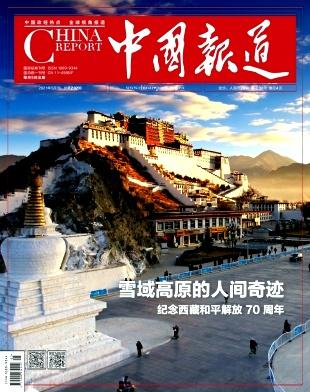The Making of China’s Climate Diplomacy: Analysis from the Perspective of Two-Level Games
IF 0.7
Q3 AREA STUDIES
引用次数: 0
Abstract
This study illustrates the interaction of international and domestic factors that influenced China’s stance in the climate negotiations from 1992 to 2015. After providing a historical overview of China’s climate diplomacy, it elaborates on the external and internal factors that have shaped China’s climate diplomacy. At the international level, it examines the pressures that China has faced from both developed and developing countries at the United Nations climate change conferences. At the domestic level, it analyses three factors—China’s political system, its energy scenario and its environmental non-governmental organisations—that pushed China to soften its traditional positions. It ends with an elaboration of the interface of the international and domestic factors that have driven China’s shift away from blunt rejection of mitigation responsibility.中国气候外交的形成——基于两级博弈的分析
本研究说明了影响中国在1992-2015年气候谈判中立场的国际和国内因素的相互作用。在对中国气候外交进行历史考察的基础上,阐述了影响中国气候外交的内外部因素。在国际层面,它考察了中国在联合国气候变化大会上面临的来自发达国家和发展中国家的压力。在国内层面,它分析了促使中国软化传统立场的三个因素——中国的政治制度、能源形势和环保非政府组织。文章最后详细阐述了国际和国内因素的相互作用,这些因素促使中国不再直言不讳地拒绝承担缓解责任。
本文章由计算机程序翻译,如有差异,请以英文原文为准。
求助全文
约1分钟内获得全文
求助全文
来源期刊

中国报道
AREA STUDIES-
CiteScore
1.70
自引率
0.00%
发文量
9353
期刊介绍:
China Report promotes the free expression and discussion of different ideas, approaches and viewpoints which assist a better understanding of China and its East Asian neighbours. A quarterly journal of the Institute of Chinese Studies, it attempts to provide a fresh approach which goes beyond the strictly utilitarian area studies without becoming antiquarian. Launched in 1964, China Report has, over the years, widened its interests and aims and transformed itself into a scholarly journal that seeks a better understanding of China and its East Asian neighbours - particularly their cultures, their development and their relations with China. It is an indispensable source of information on China, its society and culture.
 求助内容:
求助内容: 应助结果提醒方式:
应助结果提醒方式:


